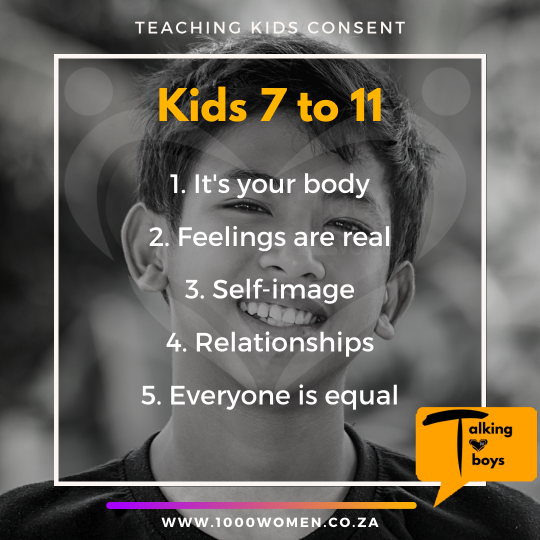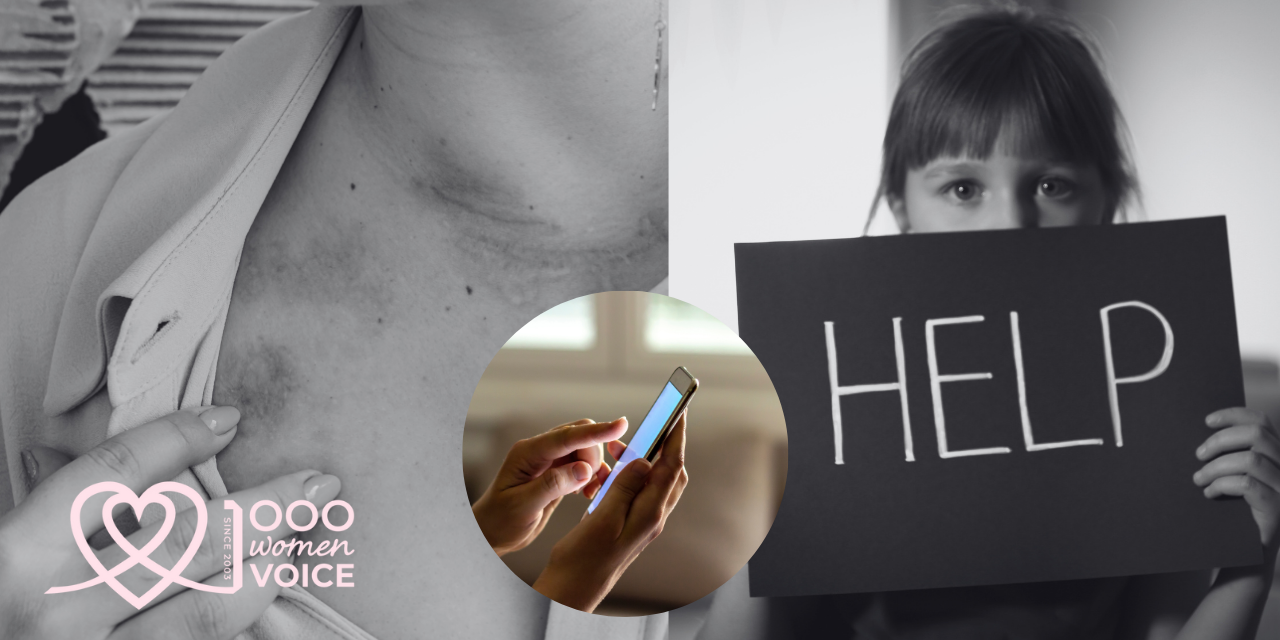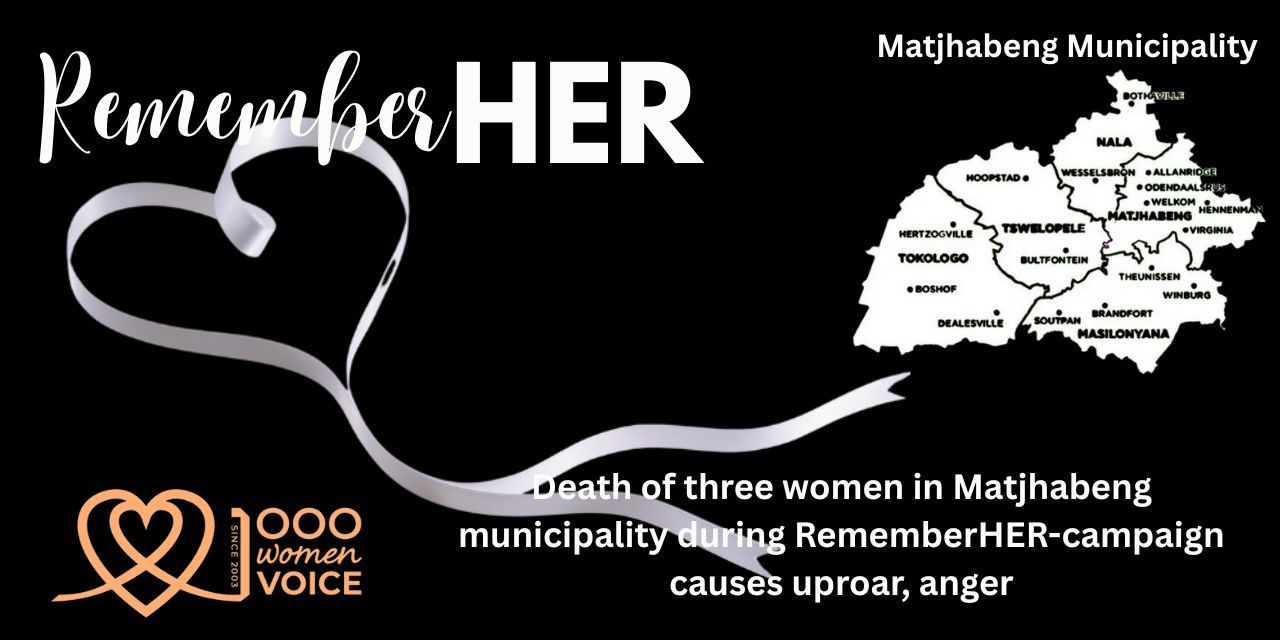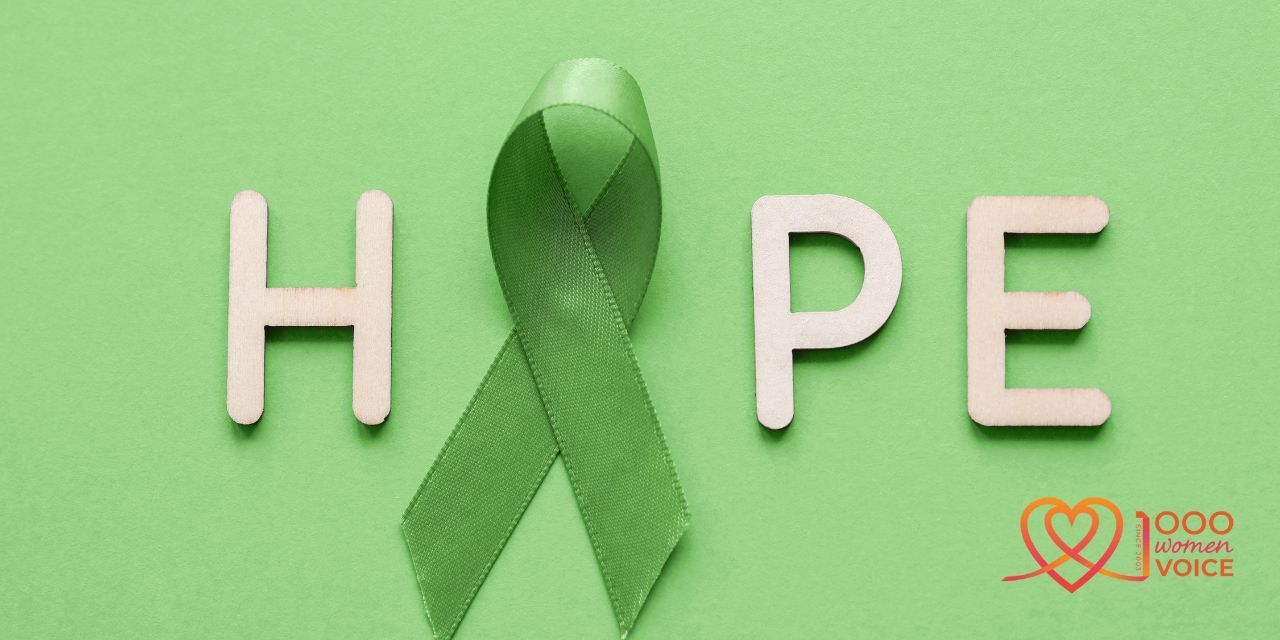Boys 7 to 11 – they see, they do!
AB de Villiers talks about teaching seven-year-olds how to become non-violent citizens of SA
Words Fanie Heyns
CAPE TOWN. – One of South Africa’s greatest sporting icons and an ambassador of 1000 Women Trust, AB de Villiers, has joined the fight against gender-based violence and has encouraged the fathers and mothers of the nation to share important values with their young children in order to build non-violent societies.
The 1000 Women Trust is one of the organisations leading the fight against gender-based violence. The organisation empowers women and girls to speak up, while helping them find their own solutions to combat violence against women and girls. The 1000 Women Trust inspires, educates, lobbies and equips women and girls with the tools to act and respond to gender-based violence. While empowering girls to fend for themselves are important, learning how to talk to and better equip boys to grow into respectable men, are equally important.
What are the vital ingredients of the parental manual when teaching boys aged 7 to 11 on how to embrace their masculinity and treat girls with respect and kindness?
De Villiers, a former national captain and one of the greatest cricketers ever on the global stage, knows all about leading by example, and that is exactly what he encourages parents to demonstrate. Says De Villiers: “As men and fathers, we need to lead by example and show our sons how to respect women. We need to realize how our actions and words might be destructive and harmful to women.
“Children learn a lot from what they see. How we behave is likely to be how they will behave in society. For me, it is most important for men and fathers to lead by example in order to guide your son to respect themselves and others.”
“Children learn a lot from what they see. How we behave is likely to be how they will behave in society.”
As a former captain, De Villiers believes that difficult conversations with your son is fundamentally important.
“Positive interactions between father and son can lead to healthy conversations. Even if that conversation includes difficult subjects such as respect, masculinity, and abuse. Even when they are still young, we need to create opportunities to speak to our sons about their role as men and how important that role in society is. As difficult as these conversations might be, we cannot ignore them. That is why a healthy relationship with your child helps immensely to have these difficult yet essential discussions with them.”
But what other elements must be present in our “parental manual” when unlocking pearls of wisdom to guide our young boys to become positive leaders and non-violent residents of South Africa?
Firstly, make them understand that everybody is worthy of respect, and is perfect. Remind them to respect someone else’s body and not to make fun of other people.
Explain to your child how they must look after their own bodies and take care of it by eating healthy, by exercising, and by daily hygiene.
Remind your child that they can say no and stop and explain when to use these words. Explain that each body is different and that we don’t develop at the same time. Do not compare your body with someone else’s body. Respect your body and do not allow anyone to touch your body without your permission.
Secondly, feelings and emotions are real . Everybody is allowed to have feelings; help your child to explain their feelings by using words. Remind them it is okay to cry or talk about their feelings – especially boys. Your child might feel scared, sad, confused, angry, happy, or excited. Acknowledge their feelings and teach them they should be aware of others’ feelings as well. Teach them to respect other’s feelings and how they can support others.
Equip them with the knowledge on how to deal with their feelings. If they are feeling angry, they can draw or write in a “feelings book”, kick or throw a ball or ask to be alone for a few minutes. Do not punish them for feeling angry, rather help them to process and understand their feelings. Make time to listen to your children when they talk about their feelings. Create a safe environment where they can talk about their emotions.
Thirdly, the way your child feels about themselves will determine how they treat other people. You play a critical role in building your child’s self-image and the way they see themselves.
Remind them that all people are different and that they are perfect the way they are. Teach them body acceptance and self-love and remind them that what they see on social media, does not portray real people and real life.
Help your child to feel useful and important by giving them responsibilities. Assign specific chores to them and thank them when they have completed it. Speak words of affirmation. Tell your child that they are loved, that you are proud of them.
Acknowledge when they have completed a task or when they were brave enough to attempt something, even if it failed. Acknowledge your child. Listen to them and ask them for their opinion.
Fourthly, explain to your children the value of relationships . Friendship and romantic relationships mean having different feelings. Talk to your child to have realistic expectations because what they might have seen on social media do not portray real life.
Don’t make fun of their romantic feelings towards somebody else. Encourage them to talk about their feelings and explain that feelings are not always mutual.
Explain consent to your child. For example, if they want to hug someone, they must ask the other person first. Or if they want the other person to be their romantic friend, they must ask the other person first if that person feels the same way.
Emphasize that they must accept the other person’s decision if they do not want to be friends or romantically involved.
Talk to them about positive friendships and that friends care about each other. They do not say hurtful or negative things and do not make the other person feel uncomfortable. Talk to them about bullying, what it is, and what to do if they feel they are bullied.
If your child asks questions about sex, answer honestly, and as simple as possible. Do not volunteer for more information than what they ask but be honest and clear.
Emphasize consent.
Important: If you suspect your child has a crush on someone or that someone may be romantically interested in them, look for opportunities to speak about relationships, but keep it light and use everyday examples in how we interact in a positive and caring manner with each other.
Fifthly, allow your child to participate in sports and events they are interested in without labelling it as a girl or boy sport. Be mindful of the words you use. For example, do not use phrases like “boys don’t cry” or “your throw like a girl.” Teach them that their ‘no’ is as powerful as the ‘no’ of an adult and that they are allowed to say no when they do not feel comfortable.
Teach them that all people are equal , no matter their job, race, sexual orientation, gender or age.
Lead by example by treating everyone with respect and care. Be mindful of how you talk to other people, including their friends, parents, and teachers.
Assign chores evenly and thank your children when they have done their chores. Create an environment where genders are equal and are there to support each other.












